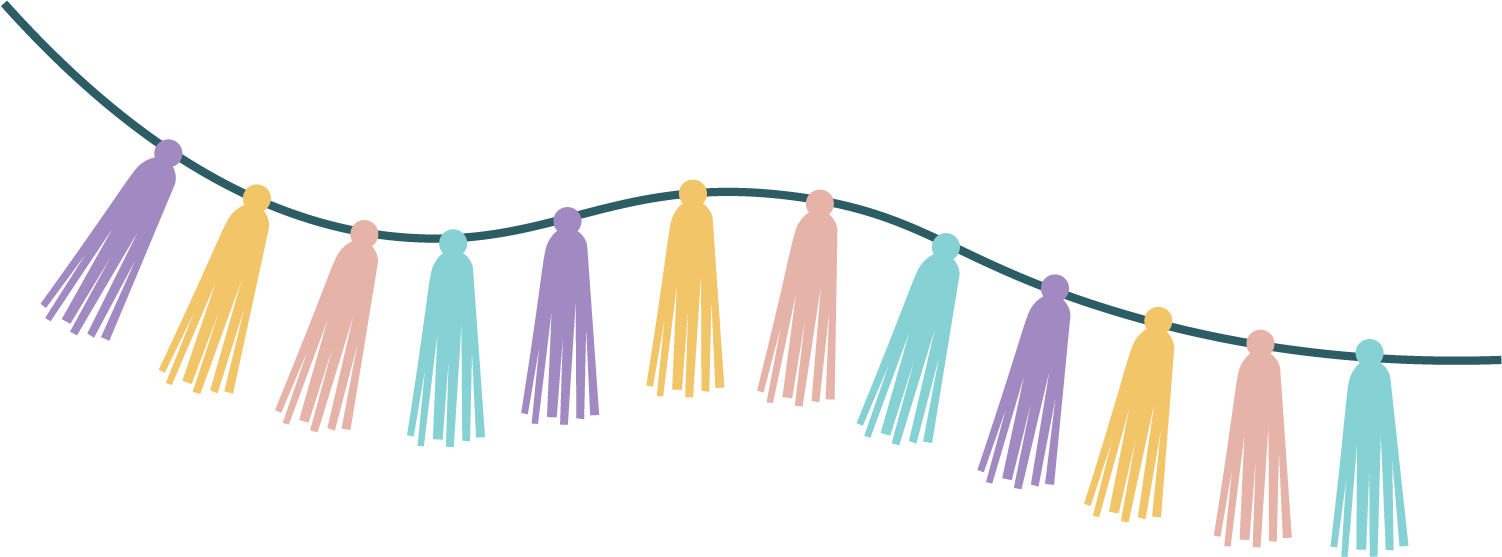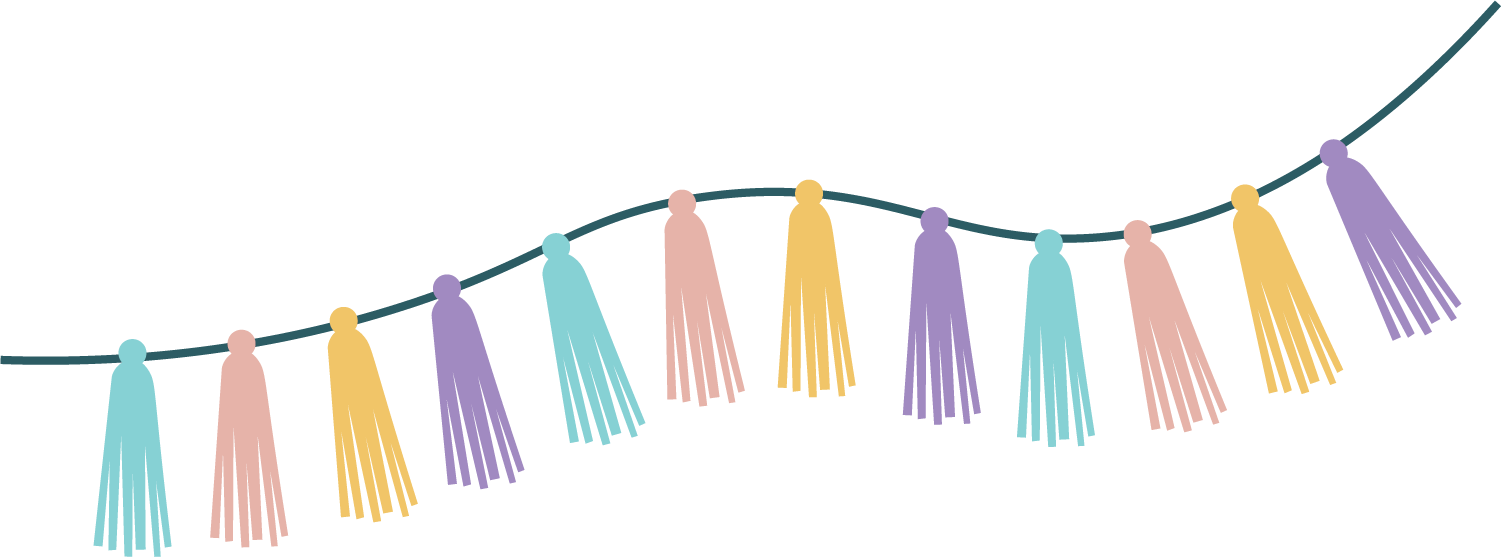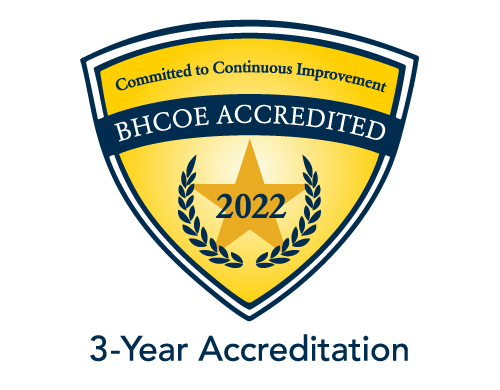
We know it’s hard to believe, but 1 in 54 children are diagnosed with an Autism Spectrum Disorder according to data from 2016. If you are a parent of a child diagnosed with Autism, it can be difficult to know where to turn for information. At Dream Big, we want you to know that we are here for you! We have trained therapists standing by and ready to partner with you and your child on this journey.
Understanding the treatment for Autism is important so that you can advocate for your child and the care they need. Applied Behavioral Analysis Therapy or ABA therapy for autism is one choice for treatment.
Curious about ABA therapy? Stay tuned!
What Is ABA Therapy?
Great question! ABA therapy is a type of therapy that focuses on identifying and modifying behaviors. One of the uses of ABA therapy is to increase positive behaviors and decrease challenging ones.
Other uses for ABA may include:
- Increasing language and communication skills
- Improve attention
- Improve focus
- Improve social Skills
- Improve memory
- Improve academics
- Decrease problem behaviors
The A-B-C’s of ABA therapy include Antecedent, Behavior, and Consequence. Each of these plays a part in the process of changing behavior.
A is for Antecedent. This is all about what happens before the behavior. What is triggering that behavior and why is happening?
B is for Behavior. This is the actual behavior that occurs and is the action or skill focused on by C.
C is for Consequence. A consequence is what happens after the behavior. Remember that consequences can be negative or positive. Consequences can help determine the likelihood of the behavior happening again or not.
ABA Therapy Techniques
Each type of therapy may vary! Just like every child is unique, the process for each child with Autism will look different.
Here are the basics when it comes to techniques used in ABA therapy:
- Positive Reinforcement- this technique uses rewards to encourage desired behaviors
- Negative Reinforcement- this technique uses consequences to discourage undesired behaviors
- Prompting- these are verbal or visual cues that prompt certain behaviors
- Behavior Contracts- these are contracts between the therapist and child that set behavior goals and rewards for goals met
- Picture Exchange Communication System uses pictures to teach communication and vocabulary skills when the child hands the therapist a picture the therapist gives the child an item
- Modeling- this is done by showing the desired behavior through action, video, or audio
- Discrete Trial Training is on a one on one basis, the therapist asks for a behavior to be performed and rewards the behavior with positive reinforcement this is continued until the child displays the behavior independently
How ABA Therapy Supports Children With Autism
Our goal is to help your child learn and grow in BIG ways! ABA therapy supports children with Autism by:
- Teaching skills to replace problem behaviors
- Increasing positive behavior and reducing challenging behavior
- Maintaining desirable behaviors
- Changing responses to behavior
- Increasing a child’s academic, social, and self-help skills
- Improving a child’s ability to focus on tasks, comply with tasks, and increase motivation to perform
- Improving cognitive skills
- Generalizing or transferring behaviors from one response or situation to another
Will ABA Therapy Benefit Your Child With Autism?
ABA therapy may help your child! Signs that could help you determine if ABA therapy will benefit your child include:
- Difficulty learning
- Struggling to acquire new skills
- Experiencing Problem Behaviors (tantrums, aggression, and self-injury can be included in this)
- Struggling with self-care tasks
- Your Child is 5 or younger
- Struggling with transitions or deviation from routine
- Sensory processing disorder
- Struggling to identify and communicate their emotional state
The Parent’s Role in ABA Therapy
We know that parents play a huge role in a child’s life. We want you to know that we are all in this together! Taking skills learned in therapy and reinforcing them in the home and community will play a big part in your child’s success. Therefore, understanding ABA therapy and the techniques are important.
We want you involved! As a parent, you can support your child by:
- Attending parent training sessions
- Sitting in on your child’s sessions and watching and learning
- Practicing everywhere
- Staying engaged long-term
- Advocating for ABA support in your child’s school
Consistency is key.
Benefits of ABA Therapy for Autism
Are you wondering if ABA therapy is right for your child? Check out some of the benefits:
- Research has shown ABA to be an effective treatment
- Studies have shown it can boost children’s intellectual aptitude
- Children can develop social and emotional skills to match peers
- Children are more likely to remain in school
- Parents can learn the techniques to use in the home
- ABA therapy can help your child make friends
- ABA therapy can make parents better parents
- ABA helps children learn to live and cope in the world
- Parent’s have noticed less frustration and better communication soon after beginning therapy
- ABA therapists are well trained and receive ABA therapy certification
- ABA programs can be customized and personalized
Disadvantages of ABA Therapy for Autism
Sometimes ABA isn’t a great fit:
- ABA therapy is not always covered by your insurance check with your provider
- It can be costly and time-consuming
- Providers can be difficult to find depending on where you live
- It requires frequent repetition
- Critics of this type of therapy believe it causes robot-like behavior
Find the Best ABA Therapy in Los Angeles
Would you like to learn more about ABA therapy and how Dream Big might be able to assist you in getting the help that you need for your child? Let’s chat!
Dream Big Children’s Center offers in-home and center-based ABA in a playful, motivating, and inclusive environment. Reach out and contact us via email or phone at (800) 207-0272. We are looking forward to hearing from you!


